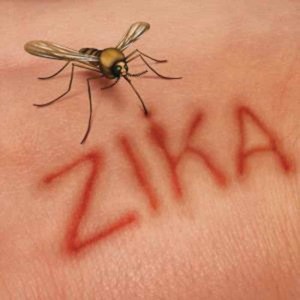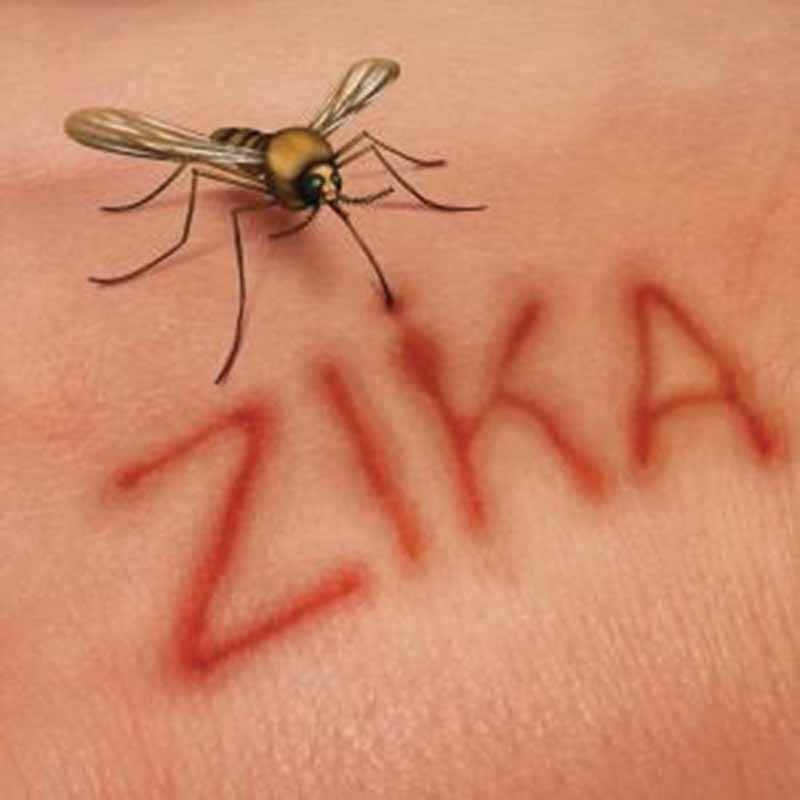 When Dr. Bruce Polsky steps before those gathered at Garden City’s Senior Center on Sept. 13 to lecture about the Zika virus, it will be with the intention of spreading facts that may help derail the hysteria about the disease that’s being fomented by a 24-7 news cycle in constant need of being fed. As the chairman of Winthrop University Hospital’s Department of Medicine since July 2015, Polsky was glad to lend his decades of expertise as an infectious disease doctor to help ally people’s fears.
When Dr. Bruce Polsky steps before those gathered at Garden City’s Senior Center on Sept. 13 to lecture about the Zika virus, it will be with the intention of spreading facts that may help derail the hysteria about the disease that’s being fomented by a 24-7 news cycle in constant need of being fed. As the chairman of Winthrop University Hospital’s Department of Medicine since July 2015, Polsky was glad to lend his decades of expertise as an infectious disease doctor to help ally people’s fears.
“I think like anything else, it’s most important that people have the facts,” he said.
The virus gets its name from the Zika forest in Uganda, where the virus was first isolated in rhesus monkeys back in 1947. The first reports of humans contracting it came a few years later in 1952. With a Zika outbreak occurring in 2015-16, the World Health Organization declared it a Public Health Emergency of International Concern this past February.
While Zika symptoms are benign—fever, muscle aches and headache that go away after a few days to a week—it is what the virus can do to pregnant women that is truly horrifying. Babies born to mothers with Zika run the risk of a number of birth defects with the most common being microcephaly, a condition in which an infant winds up with a malformed, small head and brain abnormalities may persist for life.
And while it is transmitted by the Aedes Aegypti mosquito, which is also responsible for the spread of dengue and chikungunya, people in the New York metropolitan area aren’t in danger of contracting Zika through a bug bite. More likely, it would happen through sexual contact or a blood transfusion/organ transplant.
“In our area, the mosquito responsible for transmission of Zika is not in New York because it’s not the right habitat for that mosquito,” Polsky explained. “But people can go on trips and get infected elsewhere. So someone could have been infected elsewhere, come here and then transmit it to a sexual partner.”

While Zika antibodies are able to be detected through a blood work screening process, transmission of the virus in our area is most likely to occur through intimate contact. Between medical experts determining that the process for testing and approving a vaccine is 10 to 12 years away and scientists not knowing how long someone who has contracted Zika may carry it around with them, prevention and vigilance are the best ways to prevent contracting it.
“Since it’s mosquito born, many of the same measures used to prevent Lyme disease such as using the spray containing DEET and covering up are the same despite it [Zika] being a different kind of transmission,” Polsky said. “In the case of Zika, because we now know that the virus may persist in the body after the symptoms go away, it’s particularly important to counsel women who may get pregnant or are thinking about potentially getting pregnant, about their particular risks. And also, for the men, since it can be transmitted sexually, it’s important to counsel the men in this regard as well when they return concerning their sexual behaviors that can potentially transmit the virus to their sexual partners. The scary issue is the potential persistence and the ability to be transmitted sexually, which is not the case with other mosquito-born viral illnesses.”
To find out more about Dr. Bruce Polsky’s upcoming Zika lecture at the Senior Center, visit www.gardencityrecreation.org or call 516-742-5800.

































